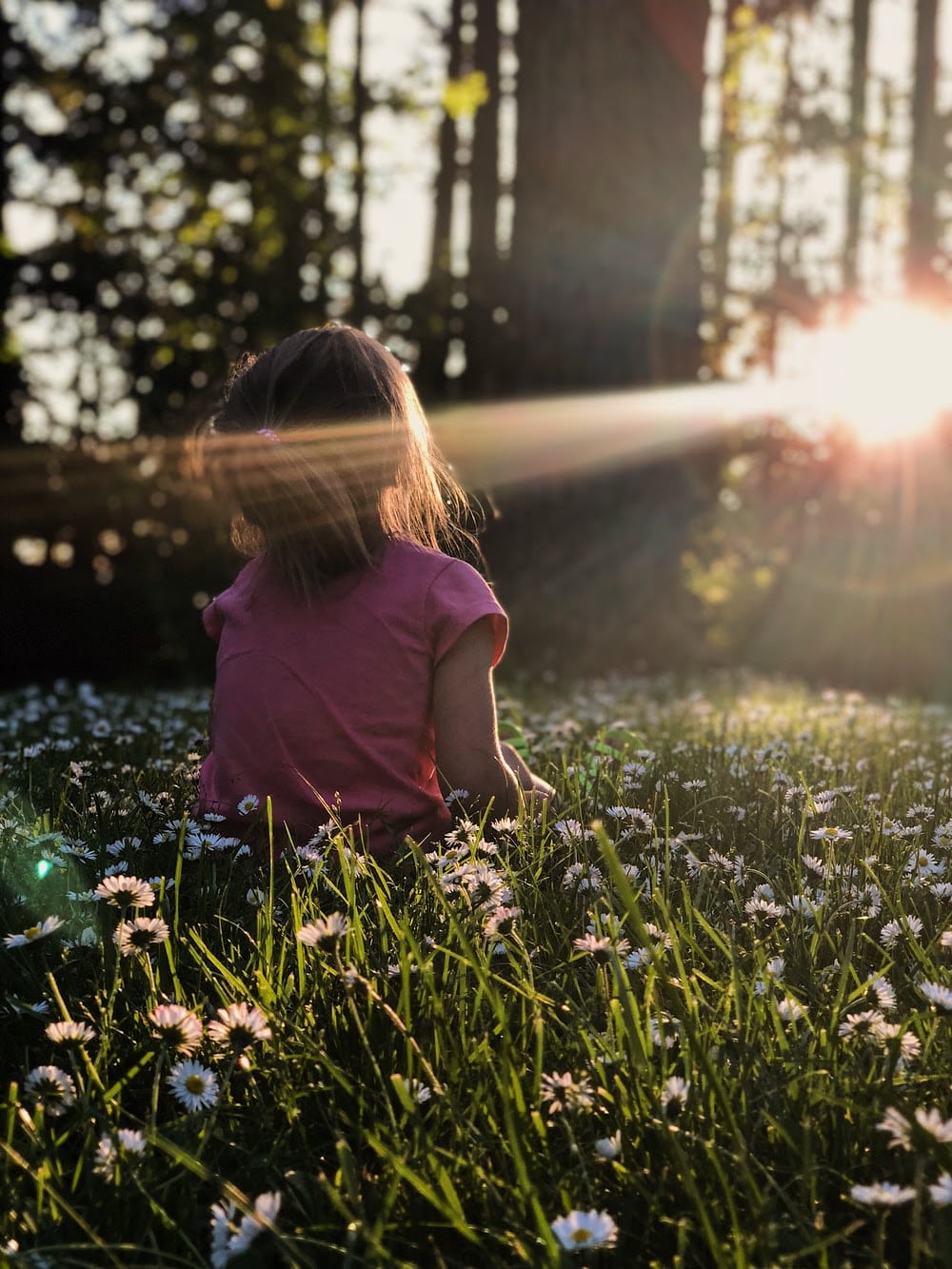Louis Torronde- C19
July 8 2021
The German Institute for the Future describes four developments on how the Covid can change the world. In the long run, we will see the collateral beauty of these days, argues future researcher Tristan Horx. “We had to go through the pandemic to learn life lessons.
For more than 20 years, the mission of the Zukunftsinstitut (German for “institute of the future”) has been to identify models for social and economic change. The COVID-19 crisis has proven to be a surprising driver of social change. “We have demonstrated our capacity to adapt, it’s human nature,” says researcher Tristan Horx.
Covid has changed the lives of all generations: they have been more affected by the same challenges than ever. In terms of intergenerational discourse, Covid was a huge shock to solidarity. “The economy and welfare have been sacrificed for the health of the elderly and the weakest. It is a demonstration of solidarity on the part of young people. At the same time, they expect a reward in the future for their efforts. Perhaps progress on climate change? This will be the next crisis where the roles are reversed: it will be the young people who are most affected by the damage done by previous generations.
The team of experts from the Zukunftinstitut described four possible scenarios for life ‘after’ the virus. When will it happen? It will probably be a gradual transition to the point where we think: “Remember Corona? Wow, look where we are now”.
The Corona risk: withdrawal
In its white paper, the Zukunftsinstitut foresees four hypothetical scenarios, two positive and two negative, of the Covid effect on our lifestyle. The pandemic crisis and global warming are two global battles. “They can either lead to a closer global community or to fragmentation. These are the two factors to decide whether we land in a positive or negative scenario” explains Tristan Horx.
The negative view would occur in the first two scenarios, if we fail to reconnect the world afterwards. “Not just physically with the vaccine, but more importantly mentally, with the international trust that is fundamental to dealing with the next big crisis: climate change.” In this case, countries would be more nationalistic, they wouldn’t want to cooperate. The economy would not really be sustainable, but would rather use the pretext of greenwashing.
Procedure 1: Total isolation
In this scenario, scanning a chip from your wrist to enter the metro or exchanging your health data before a first appointment has become the norm. It is also normal to need a vaccination passport to travel. Welcome to the super safe society! Security can only be guaranteed within borders. Every man for himself.
Citizens are suspicious of products whose origin cannot be identified. Imports are limited. More and more people want a garden to grow their own fruit and vegetables and are isolating themselves in the countryside. This has been in vogue since containment.
Process 2: the permanent crisis
The fear of a new pandemic means that every local spread of a virus, however small, triggers drastic measures, from closing borders to defending resources. Companies and markets relocate. Because of the COVID-19 pandemic, confidence in international cooperation has been lost. The world is thus nervously wobbling towards the future.
The development of artificial intelligence is intensifying, especially for the simulation of crisis scenarios. As a result, cybercrime and state surveillance are also on the rise. Privacy and our personal data are at risk.
The Corona effect: the global reconnection
On the other hand, the positive version would come if we find a balance between the global and the local, what researcher T. Horx calls “glocal”. “I don’t think we’ll go back to the capitalist, consumerist lifestyle we had before.” The pandemic has shown to be not a local problem, but a global one, just like the climate problem. “Global problems require global solutions.
Process 3: the neo-tribes
In this imaginary, the globalised society returns to more local structures. There is more emphasis than ever on regional products, which is positive for the environment. In addition, people are gradually moving to the countryside. In urban areas, a circular economy with self-sustaining ecosystems is emerging. Instead of using public transport, people are increasingly using bicycles or electric scooters. Work is also becoming more flexible. Long-distance travel has lost much of its appeal. Tourism is turning into slow tourism.
Small communities are being built up. Helping each other is a top priority. Supplies, for example, are shared or exchanged. Special attention is given to the elderly and weak. Cooperatives are organised to help each other in times of crisis.
Process 4: The resilient society
Containment has triggered a self-purification: a reflection on the origin of our goods. Not only a balance between online and offline, but also a judicious approach between regional and global trade. Since then, weekly markets, regional producers and local webshops have flourished. Society is moving away from mass consumption to a healthier economic system.
Health is no longer seen as something that concerns only the body, but also the mind. The environment, the city, the politics, the global community: all these factors are important for mental health. In this context, the use of digital applications to share health data anonymously in real time has become a matter of course. With these tools, accurate predictions can be made, for example about the likelihood of a new epidemic.
As nation-states become less relevant, supranational bodies become more powerful. In this way, local problems can be solved quickly, and global risks can be identified more quickly and addressed cooperatively. “Global society is learning from the crisis and developing adaptive systems.”



Comment here